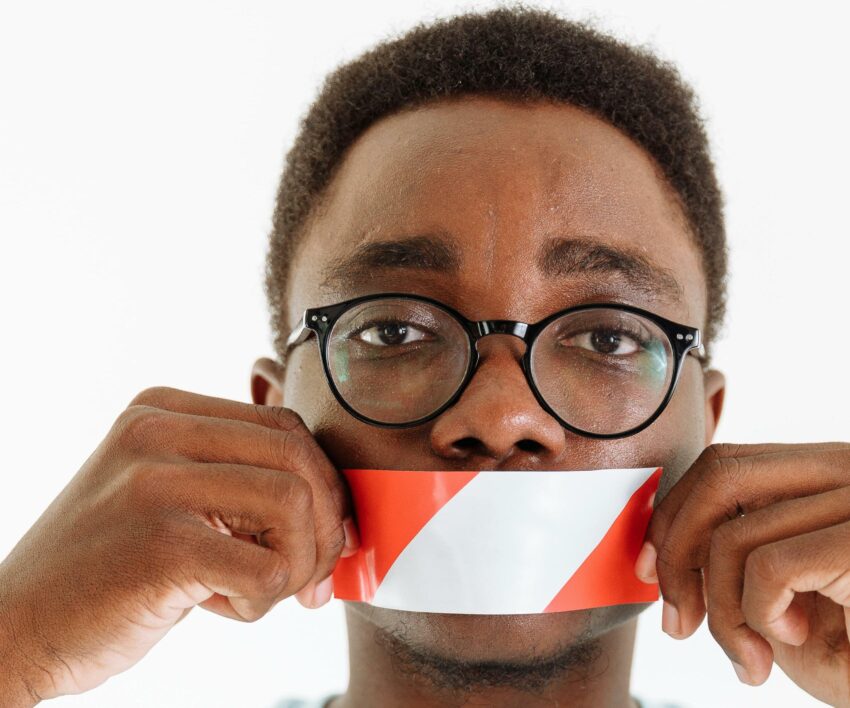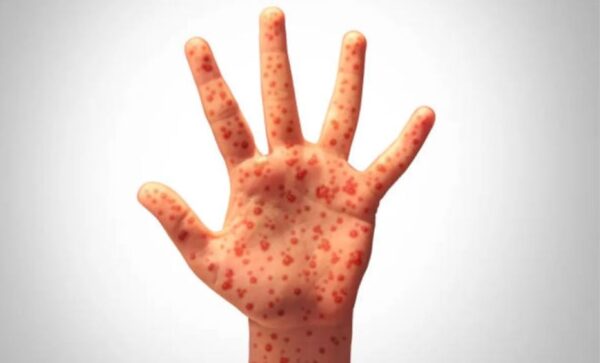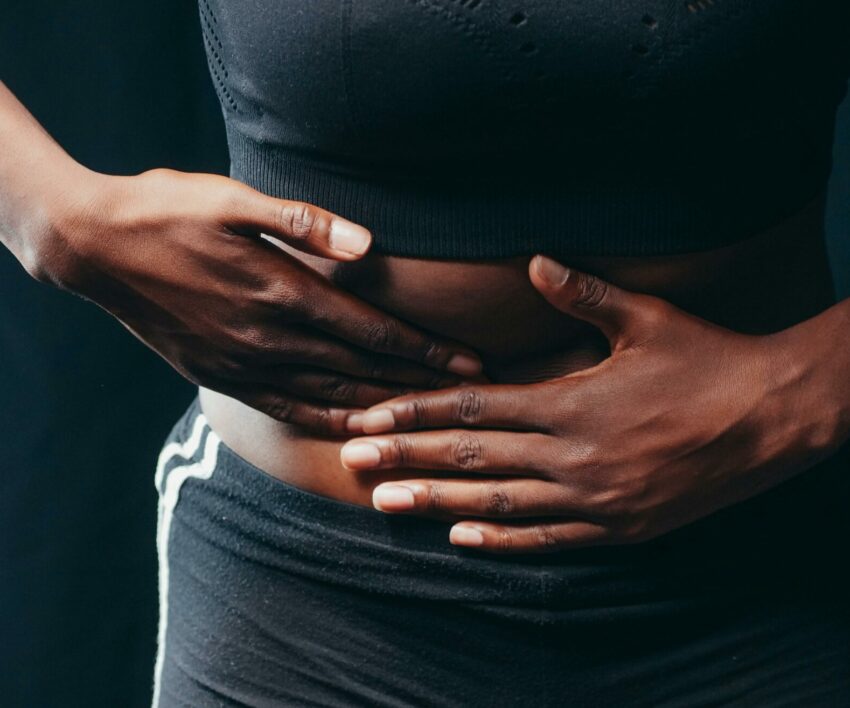Illustration. Picture: Pexels
If you’ve spent time in the wellness corners of TikTok or Instagram, chances are you’ve come across videos of a morning shed and the trending topic of mouth taping while sleeping. It may look a little strange – placing a strip of tape over your lips before bed – but this practice has gained popularity for its potential benefits for sleep, breathing, and even oral health.
So what’s the hype about, and is it actually safe? Let’s break down the pros and cons of mouth taping during sleep.
What is mouth taping?
Mouth taping is exactly what it sounds like, placing a piece of skin-safe tape over your lips before going to sleep to encourage nasal breathing. It’s not about sealing your mouth shut, but rather providing a gentle physical reminder not to open your mouth during the night.
Nasal breathing is considered more efficient and healthier than mouth breathing, especially during sleep. Proponents believe that training your body to breathe through the nose while asleep can improve sleep quality and reduce several health issues.
Potential benefits of mouth taping
Better sleep quality
Mouth breathing can disrupt sleep and lead to snoring or sleep apnea in some cases. Encouraging nasal breathing may result in deeper, more restful sleep.
Reduced snoring
If your snoring is caused by sleeping with your mouth open, mouth taping might help keep your airways in a better position and reduce the nighttime noise.
Improved oral health
Mouth breathing dries out the mouth, which can contribute to bad breath, gum disease, and cavities. Nasal breathing keeps your mouth moist and promotes better oral hygiene.
Boosted nitric oxide production
Breathing through the nose boosts nitric oxide production in the sinuses, which plays a role in oxygen transport, immune function, and blood pressure regulation.
Less morning dryness
People who mouth-breathe often wake up with a dry mouth or sore throat. Nasal breathing can help you wake up feeling more hydrated and refreshed.
Risks and cons to consider
Not safe for everyone
Mouth taping is not recommended for people with diagnosed sleep apnea, nasal congestion, deviated septum, or other breathing issues unless cleared by a medical professional.
Discomfort and anxiety
It can feel uncomfortable or even claustrophobic to have your mouth taped shut, especially at first. Some people find it increases anxiety or disrupts sleep.
Skin irritation
Using the wrong type of tape (like household or packing tape) can irritate the sensitive skin around the lips. Always use medical-grade, skin-safe tape designed for this purpose.
Doesn’t address underlying issues
Mouth breathing is often a symptom of something else—like nasal obstruction or allergies. Taping your mouth may offer a short-term fix but doesn’t solve deeper respiratory problems.
Thinking of trying it? Here’s How to start safely
- Consult your doctor: Especially if you snore heavily, have allergies, or suspect sleep apnea.
- Use proper tape: Look for micropore medical tape or brands that specialise in mouth tape.
- Start slowly: Try taping for a short nap first or just during the beginning of the night.
- Check your breathing: Make sure you can comfortably breathe through your nose before taping your mouth shut.
Mouth taping may seem unconventional, but for some people, it can be a helpful tool for improving sleep and breathing habits. Like any wellness trend, it’s not one-size-fits-all. Approach it with curiosity but also caution—especially if you have underlying respiratory issues.
Your body knows best, so always listen to it. If mouth taping helps you wake up feeling more rested and refreshed, it might just be worth a try. Just remember: sleep wellness should always be safe and restorative.
Would you try mouth taping? Or have you already?
Written by Amy-Lee Steenkamp
First published by Woman & Home
Also see:Tummy bug while travelling? Here’s how to handle it














